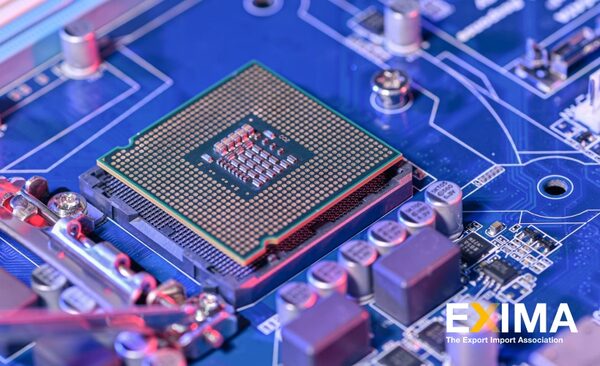The Great Global Chip Shortage of 2021
The global shortage of chips is worsening. Manufacturing delays of electronic chips are affecting a wide range of products, from smartphones and television sets to audio equipment and even automobiles. Unfortunately, this may lead to an increase in prices for consumers if the situation worsens. If not, at the very least, there will be longer wait times before customers can receive their items.

The shortage is a result of a confluence of factors, such as Huawei bulk-buying, a fire at a chip plant in Japan, the COVID-19 pandemic forcing lockdowns in Southeast Asia, and a strike in France reducing manufacturing output. Unfortunately, this all comes at a time when consumer demand started to rebound from the reductions caused by the pandemic.
Ultimately, the fundamental problem is the underinvestment in eight-inch chip manufacturing plants, which are mostly owned by Asian firms. These firms have been unable to ramp up production in the face of increased demand for 5G-compatible smartphones, laptops, and automobiles. Taiwanese company TSMC dominates the market for contract chip manufacturing, and its clients include Apple and Qualcomm. However, they appear to already be at their current limits of production, with industry experts saying the chipmakers are under great pressure.
The ubiquity of computerization means the global chip shortage could have widespread effects. The shortage could affect automakers particularly harshly, including General Motors, Ford, Volkswagen, Honda, and Toyota. Companies more traditionally associated with electronics that might suffer from the chip shortage include Microsoft and Sony.
Unfortunately, this will likely last a couple more years, with Glenn O’Donnell, a vice president research director at Forrester, stating, “because demand will remain high and supply will remain constrained, we expect this shortage to last through 2022 and into 2023…Couple that with the unstoppable desire to instrument everything, along with continued growth in cloud computing and cryptocurrency mining, and we see nothing but boom times ahead for chip demand.”
He believes demand for PCs may lessen a bit in the near future, but not enough. Meanwhile, he anticipates that data centers, which house computer servers, will purchase more chips in the coming year, following what he calls a «dismal 2020.»

Stay Tuned with EXIMA
At EXIMA, we believe in making international trade easy and ensuring you have all the tools you need to trade confidently. That includes helping our users learn everything they need to know about global trade and connecting with the right people. Join Today!


